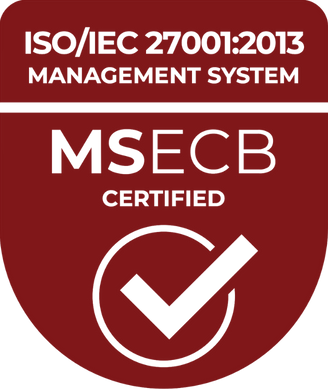Do you have the right skills for the future?
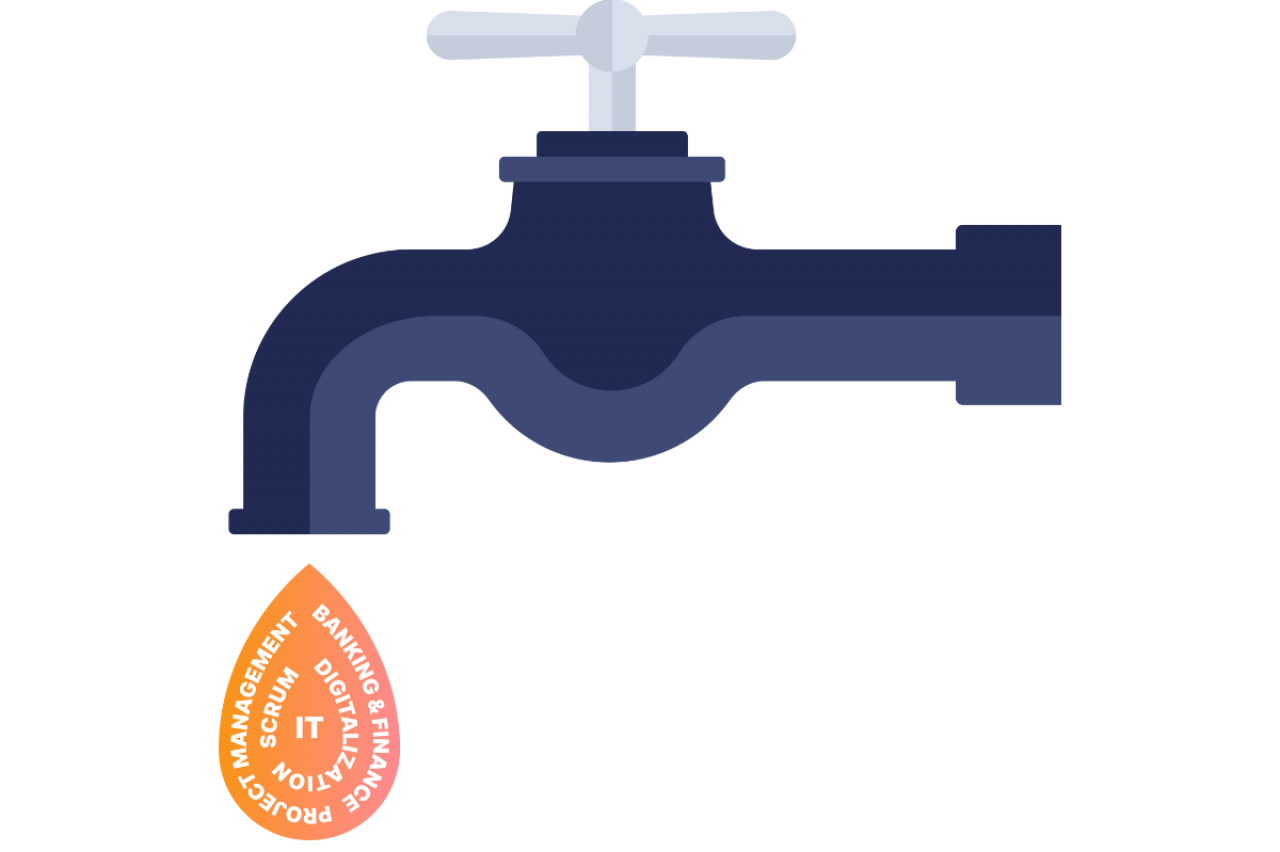
The world is constantly changing, and so are the skills in demand. A survey conducted by Gartner showed that 58 percent of the workforce will need new skills to be able to perform their jobs moving forward.
This poses a great challenge for consulting companies. The services that they provide are dependent on the skills and the expertise they can offer to clients, but the accelerating pace of change leads to a constant struggle for skills to stay relevant. According to McKinsey, 87 percent of companies have already been affected or will be in the next five years, by the skills gap. This truly shows the impact that the imbalance between the current supply and demand has on companies.
Many talks about the importance of continuous skills development, and many know how important it is to work with upskilling and reskilling, but few actually have a development strategy in place.
Further, recruitment and development are often hindered by a lack of information about the accumulated knowledge within the company and the supply of skills. If you don’t know the skills that your employees have, it’s almost impossible to identify and target skill gaps.
Advantages of upskilling and reskilling
A World Economic Forum research in 2017 said that the half-life of a skill is about 5 years. With Half-life they’re referring to the scientifical term “half-life” as in the time required for one-half of the quantity of a substance to decay. In other words, what we learn today will only be “worth” half as much in five years. There are however two ways in which you can ensure that your skills stay up-to-date:
Upskilling – developing and refining skills you already have through courses, certifications, and challenging projects
Reskilling – developing new skills
Investing in reskilling and upskilling means investing in your employees’ personal and career development and strengthening the entire organization’s overall competence level. As a bonus, you’ll also see that on-the-job learning increases commitment and satisfaction amongst employees, reduces recruitment costs, and promotes intrapreneurship.
Identify skill gaps with digital tools
The right digital tools facilitate the competence development of your talents. With Cinode, you can identify your skills gap and set a strategy for each consultant’s development. The Skills Report gives you a clear overview of your skills supply and shows you which skills you’re currently lacking (based on both assignment requests and your own skill personas), and which skills you need to recruit and/or develop.
Digital tools further facilitate on-the-job learning by letting employees showcase what they want to learn (Cinode’s growth plan (training plan) gives you an overview of your employees’ ambitions and goals).
To stay in-demand on a market that is constantly changing, and to ensure longterm competitiveness, you need to be flexible and ready to adapt when the need arises. The more skills your workforce has, the more adaptable they will be to the change to come.
Want to know more about Cinode?
Mattias Loxi, Co-Founder / CMO
Mattias Loxi, Co-Founder / CMO
You may also like...
All posts
Oct 10 2025 · Consulting, Entrepreneurship
🚀 The Head of Analysis: Seven Success Factors for Consulting Firms 2025–2030
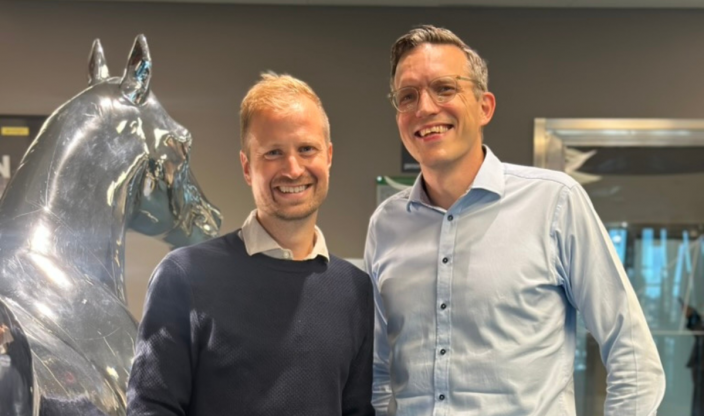
Sep 10 2025 · Consulting
“It’s About Growing Right – Not Fastest” – Netlight Scales Up with Culture and AI in Focus

Aug 21 2025 · Cinode, Consulting
🚀 A Clear View and Fast Execution – Our Journey with Cinode

Apr 30 2025 · Consulting
Understanding the psychology behind pricing

Apr 15 2025 · Consulting
How to set (the right) price?

Mar 18 2025 · Consulting
How do we charge for the value of our services?

Mar 11 2025 · Consulting
New AI Act: Checklist for Consultants and Consulting Firms
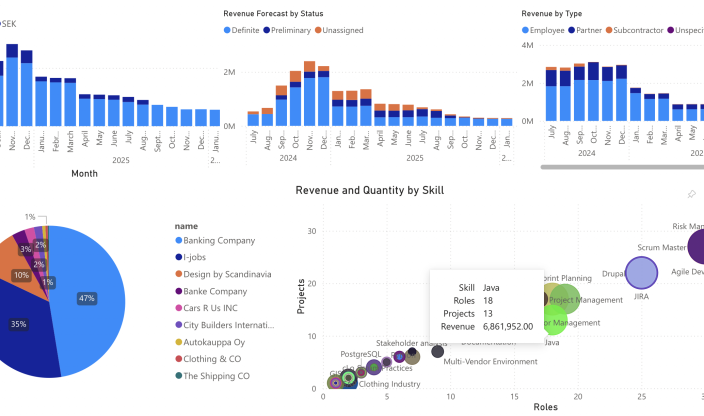
Feb 27 2025 · Consulting
Maximize Insights in Your Consulting Business with Cinode and Power BI
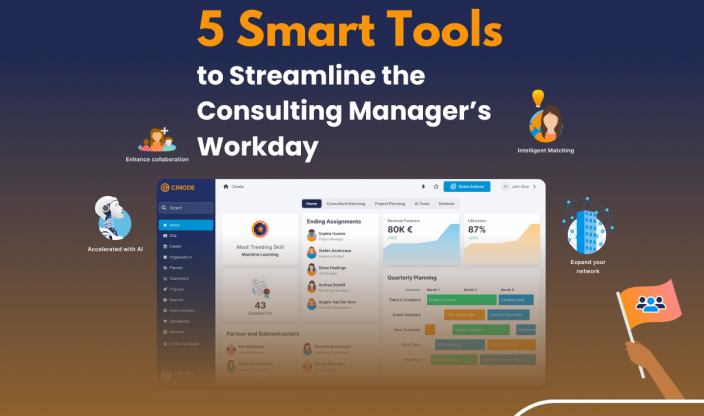
Jan 31 2025 · Consulting
5 Smart Tools to Streamline the Consulting Manager’s Workday

Jan 29 2025 · Consulting
New guide: How to Build Consultant Resumes That Win Clients
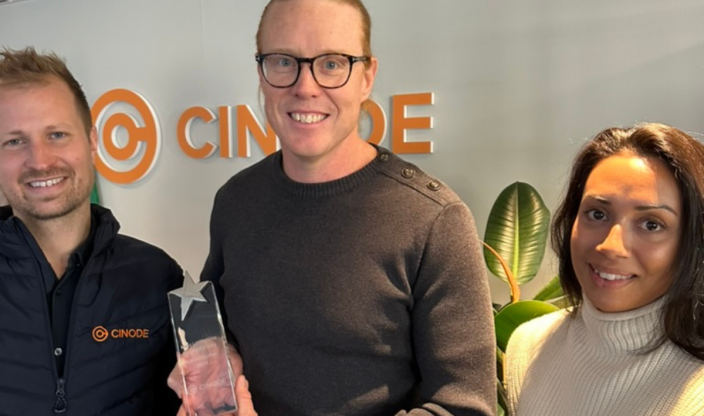
Nov 05 2024 · Consulting
Sweden’s most profitable consulting company reveals its secrets

Oct 30 2024 · Consulting
